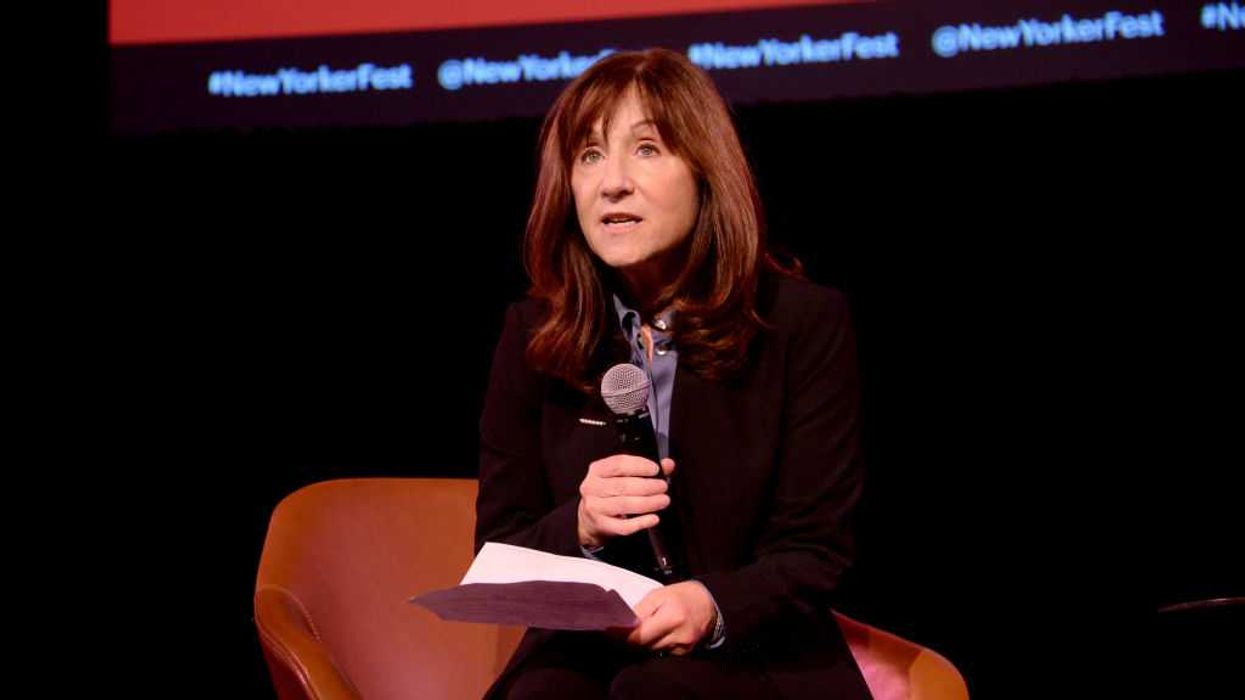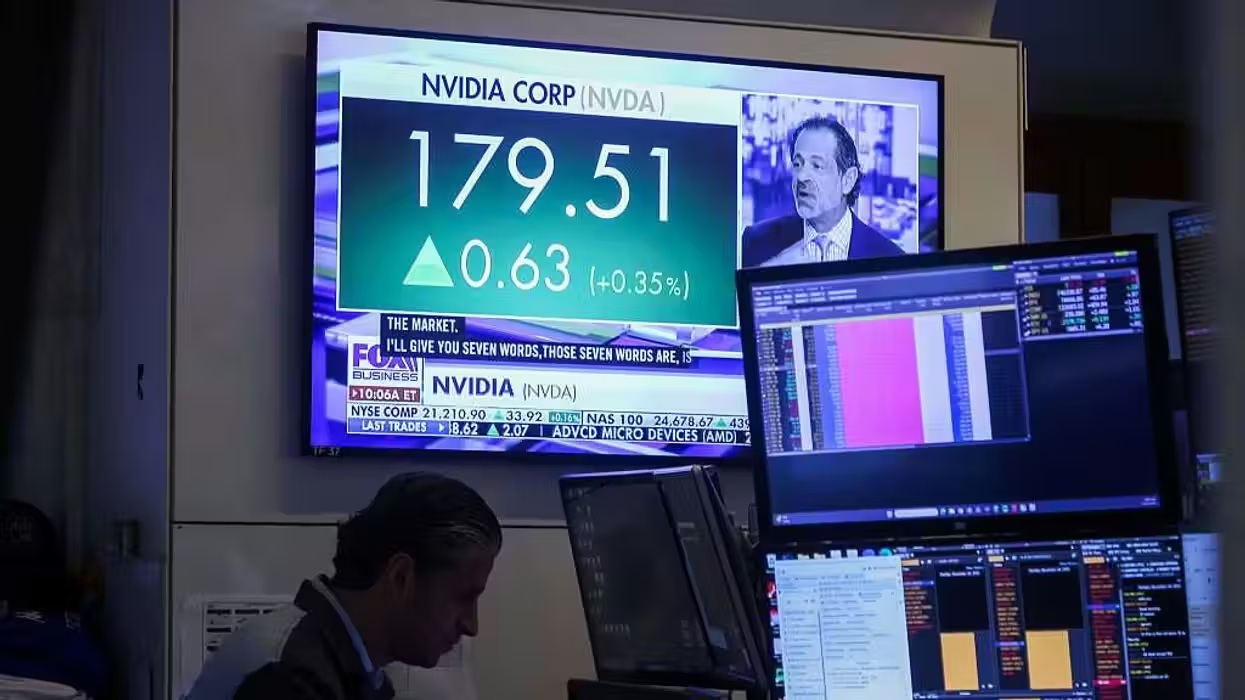
© 2025 Blaze Media LLC. All rights reserved.
"It will be very painful and even feel like cutting one’s wrist.”
 BEIJING, CHINA - MARCH 17: New Chinese Premier Li Keqiang waves goodbye after during his first press conference at the Great Hall of the People on March 17, 2013 in Beijing, China. Li Keqiang was elected as China's Premier last Friday at the 12th National People's Congress, the country's top legislature. (Photo by Lintao Zhang/Getty Images)
BEIJING, CHINA - MARCH 17: New Chinese Premier Li Keqiang waves goodbye after during his first press conference at the Great Hall of the People on March 17, 2013 in Beijing, China. Li Keqiang was elected as China's Premier last Friday at the 12th National People's Congress, the country's top legislature. (Photo by Lintao Zhang/Getty Images)
Chinese premier Li Keqiang in a recent speech vowed to ease government control over the world’s second largest economy, claiming that the “painful” move will help spur growth.
“It’s about cutting power, it’s a self-imposed revolution,” said Li Keqiang, who replaced Wen Jiabao on Friday as the man to control the economic powerhouse for the next 10 years. “It will be very painful and even feel like cutting one’s wrist.”
“We need to maintain steady economic growth, prevent inflation and control latent risks,” he added. “That will not be easy, but we have favorable conditions in place and enormous potential in domestic demand.”
Chinese officials hope that by accepting more free market forces and easing government regulations, the economy will grow by 7.5 percent per annum through 2020.
“Speaking in Beijing at his first briefing in the role, Mr. Li made few specific pledges beyond a commitment to cut red tape by a third on some 1,700 processes needing government approval,” Emma Rowley reports for The Telegraph, adding that the Chinese Premier says cutting red tape would help “reduce opportunities for corruption.”
“[N]o matter how deep the water is, we must wade through because we don’t have other options — it’s our nation’s fate and future that are at stake,” he added.
Indeed, considering the recent slowdown in economic growth (at 7.8 percent, 2012 was China's slowest expansion in 13 years) and its ever-alarming property market, China may have no choice but to accept some free market controls.
 Workers from a company queue to receive food in Shenzhen, Guangdong Province, 2012. (China Photos/Getty Images).
Workers from a company queue to receive food in Shenzhen, Guangdong Province, 2012. (China Photos/Getty Images).
Still, Li recognizes that his goal of 7.5 percent per year will be difficult.
“Nowadays, stirring up vested interests is more difficult than stirring up one’s soul,” said Ling.
“He understood very well that key barriers for reforms are vested interests rather than ideology,” Ting Lu, chief China economist at Bank of America Merrill Lynch in Hong Kong, told The Telegraph, adding that that the pro-reform speech would be welcomed by investors.
Whether China actually adopts these pro-free market reforms is yet to be seen. But to echo sentiments expressed in the above, with slowed economic growth and what many believe to be a housing bubble ready to burst, the country may have no other choice.
--
Follow Becket Adams (@BecketAdams) on Twitter
Featured image Getty Images.
Want to leave a tip?
We answer to you. Help keep our content free of advertisers and big tech censorship by leaving a tip today.
Want to join the conversation?
Already a subscriber?
more stories
Sign up for the Blaze newsletter
By signing up, you agree to our Privacy Policy and Terms of Use, and agree to receive content that may sometimes include advertisements. You may opt out at any time.
Related Content
© 2025 Blaze Media LLC. All rights reserved.
Get the stories that matter most delivered directly to your inbox.
By signing up, you agree to our Privacy Policy and Terms of Use, and agree to receive content that may sometimes include advertisements. You may opt out at any time.





